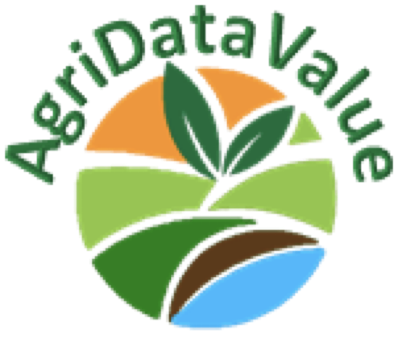The AgriDataValue technological tools, mechanisms and LMAA analyzed in the previous sections will be fully tested and validated during the AgriDataValue project lifetime through 38 Use Cases (UC). The UC have been grouped in clusters, addressing similar domains in different region, crops, cultural, societal and farming contexts.
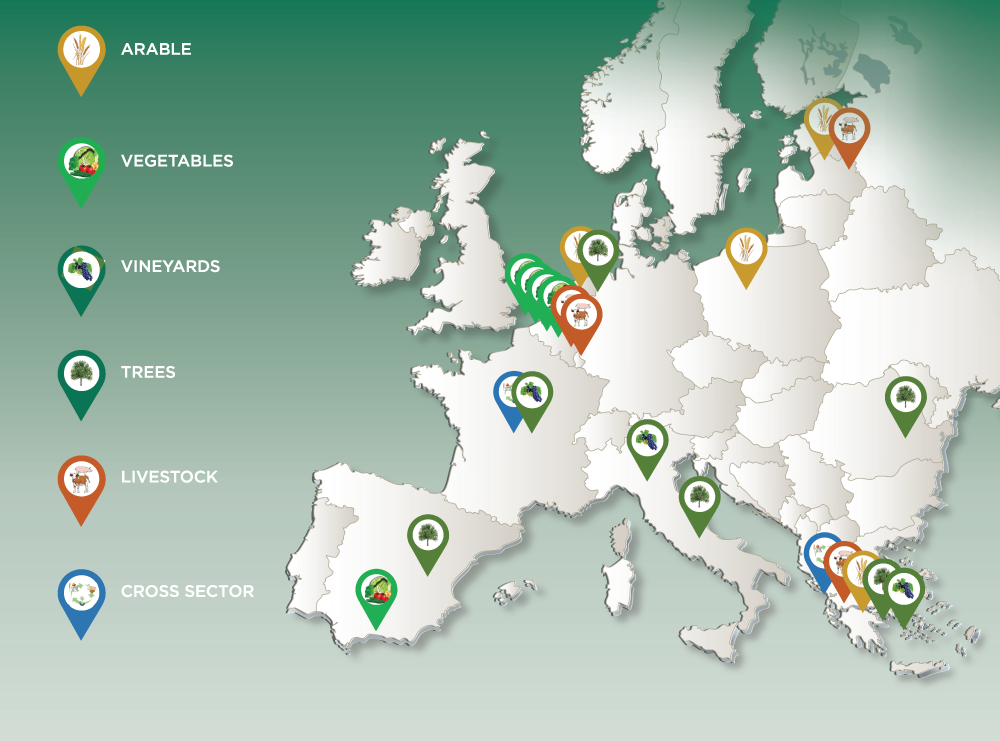
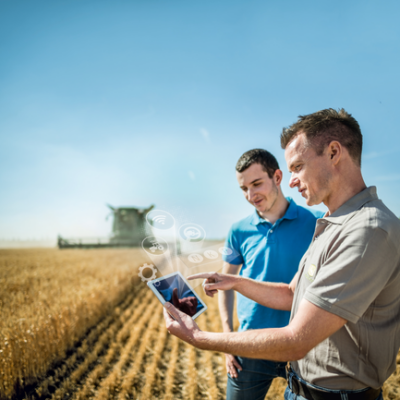
UC CLUSTER #1 - Arable Crops
Optimize the quality and quantity of the crop production and increase the environmental sustainability. Reduce the wasted irrigation water, fertilizers, pesticides, energy. Involve different technologies and data platforms such as IoT sensors, edge cloud, drones/satellite visual/multispectral images and AI models.
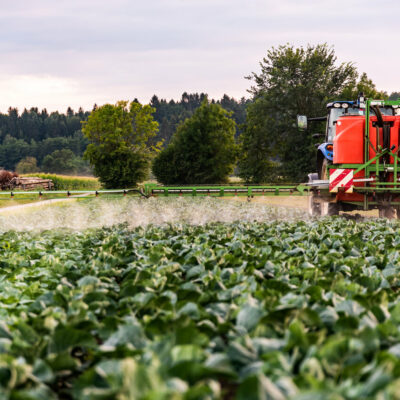
UC CLUSTER #2 - Vegetables
Precision irrigation/ fertilization, harvest /diseases prediction for vegetables/arable crop increased production. Involve IoT sensors, edge cloud, radiation/clorofile/pH metering, multiple data platforms with geotagged photos alone with drones/satellite multispectral imagery.
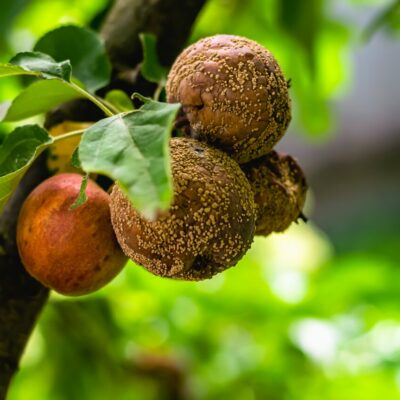
UC CLUSTER #3 - Trees & Vineyard
Protect the health and quality of fruit trees and vineyards crop. Increase quality and quantity, avoid diseases with less pesticides, foresee and mitigate frost. Involve IoT weather/soil sensors, edge cloud, diverse geotagged photos’ datasets, drones/satellite multispectral imagery.
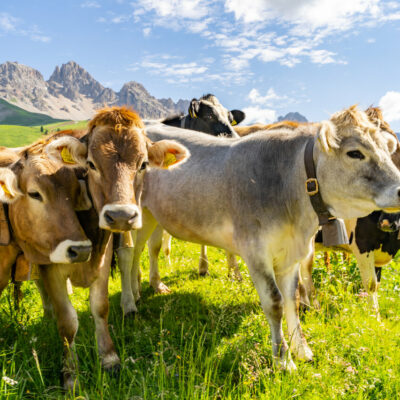
UC CLUSTER #4 - Livestock
Use edge cloud and real-time IoT sensor data (e.g. neck collar, feeders, emission sensors) together with GPS location data to monitor the cattle/pig health, activity, feeding and calving, proactively control milk and meat quality, reduce the greenhouse gas emissions and nitrogen deposition.

UC CLUSTER #5 - Cross Sector
Validate cross domain use cases (fruit, vineyards, livestock, milk, oil, biogas, manure, energy) and address both supply and demand sides of the supply chain, including interoperability and traceability of platforms, electricity production and waste management.

UC CLUSTER #6 - CAP Realization
Focuses on CAP realization tools/applications and aims to assess and manage risk through modern ML with the aim of reducing the use of pesticides, fertilisers and antibiotics. Promote modern crop monitoring technologies. Benchmarking eco-scheme monitoring tools to support the new CAP towards fair income, land use and environmental protection.

UC CLUSTER #7 - Climate Monitoring
Climate monitoring plays a vital role in agriculture by providing valuable information about weather patterns, climate variability, and climate change impacts on crop growth, pests, diseases, and water availability. It involves collecting data from weather stations, satellites, remote sensing technologies, and climate models.

